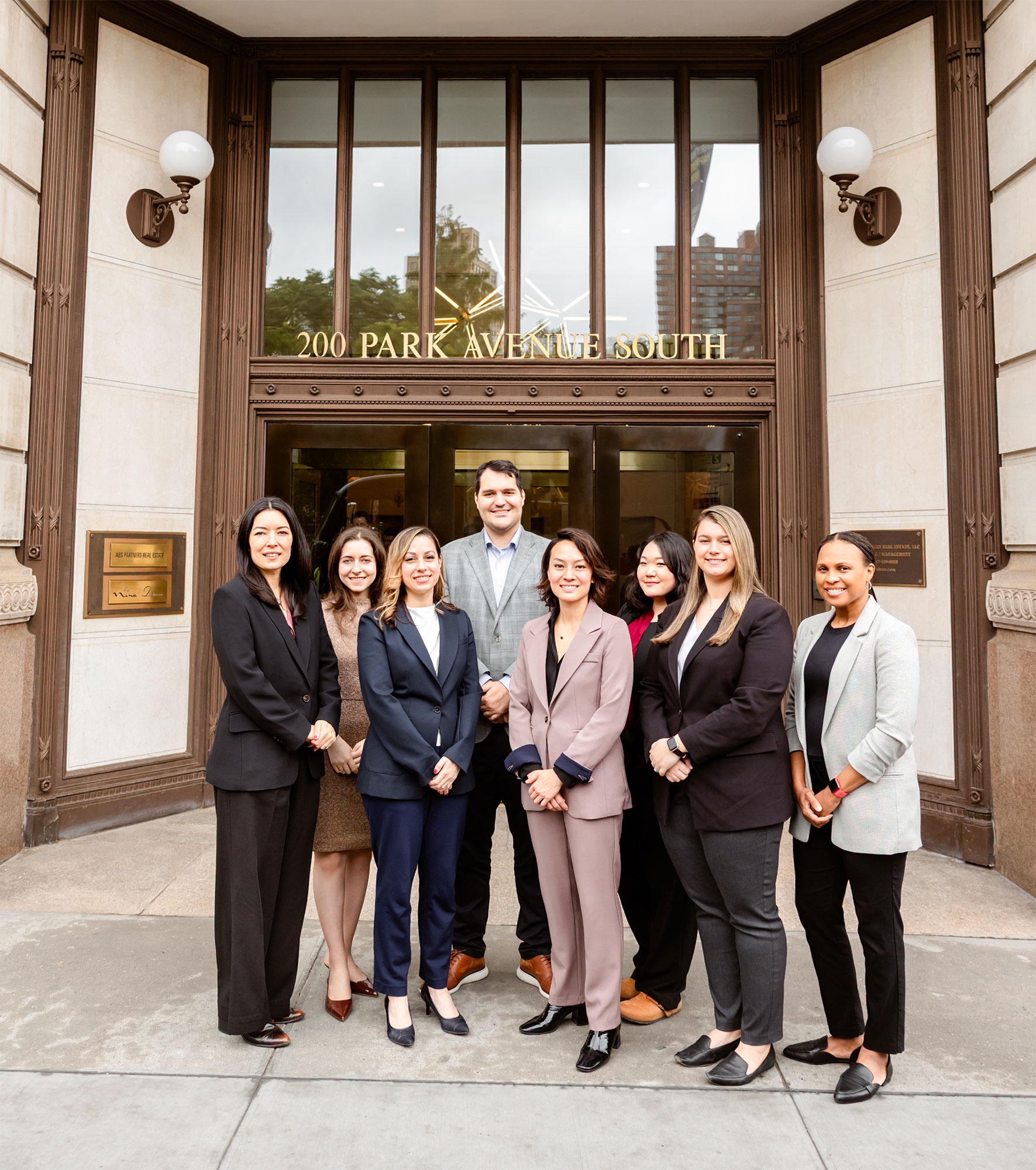By Darian Salazar with contribution by Jean L. Chou, Esq.
2020 is here. The start of a new year is a common time for Boards to gather to analyze finances and operational costs from the prior year. If you’re on the Board of your coop or condo, below are some factors to consider when budgeting in 2020.
Underfunded Reserves
Generally, coops and condo associations must keep reserve accounts for the unexpected, as well as money set aside for planned replacements and repairs. The individual financial profile of a coop’s shareholders or condo unit owners is key when determining how much should be kept in reserves. Adequately funded reserve accounts provide co-ops and condos the flexibility to make any changes in order to comply with local laws and regulations, such as Local Law 11. For co-ops in particular, adequate reserve accounts are required by lenders when refinancing mortgages and/or lines of credit, and at times, banks require reserve accounts be refilled if they are too low. Underfunded reserve accounts usually result in assessments, a cause for concern for potential buyers and a major inconvenience for current tenants.
The three forms in which Boards can increase reserve funds are: 1) imposing an assessment, which is difficult because a particular tenant may experience difficulty paying their share; 2) inputting a monthly line item into its common charges or maintenance fees, the most common technique, or; 3) borrowing money. For coops borrowing money, the Board offers the building as collateral, and deposits the borrowed funds into the reserves, or take out a line of credit along with a mortgage. For condos, monthly common charges and reserve accounts are offered as collateral to secure loans.
Maintenance Charge Increases
Associations increase common charges and maintenance between 1.5-3% annually to keep up with the cost of living. Common reasons for an increase are: 1) to build a reserve fund; 2) to fund rising operations costs; or 3) to fund increased community costs. A Board and/or management are expected to explain the necessity of the increase and show how the money will be used in order to avoid any perception of wrongdoing.
Facing Financial Mismanagement
Boards are required to act in the best interests of the community, meaning competent management is crucial. Budgeting and bookkeeping mistakes are common, but intentional mismanagement and theft are a major concern. Forensic accounting typically reveal such misconduct, which is important because proof is important for both criminal and civil law suits. Another issue arises when a Board discovers illegal activity but did not report, usually for fear it would affect resale prices. Co-ops, condos, and management companies do, or should carry fidelity insurance, protecting it against the theft of money, property, forgery, or fraud by an employee. Further, if a Board discovers the management firm has mishandled association money, the Board may sue.
The ideal minimum amount of insurance for both condos and co-ops is one-fourth of the annual assessment plus the average balance of the reserves. The minimum for fidelity bonds is three months of maintenance fees. The standard errors and omissions (E&O)amount, which cover financial mismanagement issues, limit is $1 million, but larger associations require more. The worst outcome of financial mismanagement is a bankruptcy and foreclosure, but declining property values and significant monetary losses for owners are also potential consequences. The key takeaway is to remember that while not a guarantee, insurance is the only remedy proven to recover at least a portion of mishandled funds. Nonetheless, annual status updates with insurance carriers and diligent accounting are the most effective forms to counteract the negative effects of mismanagement or mishandling of funds.


